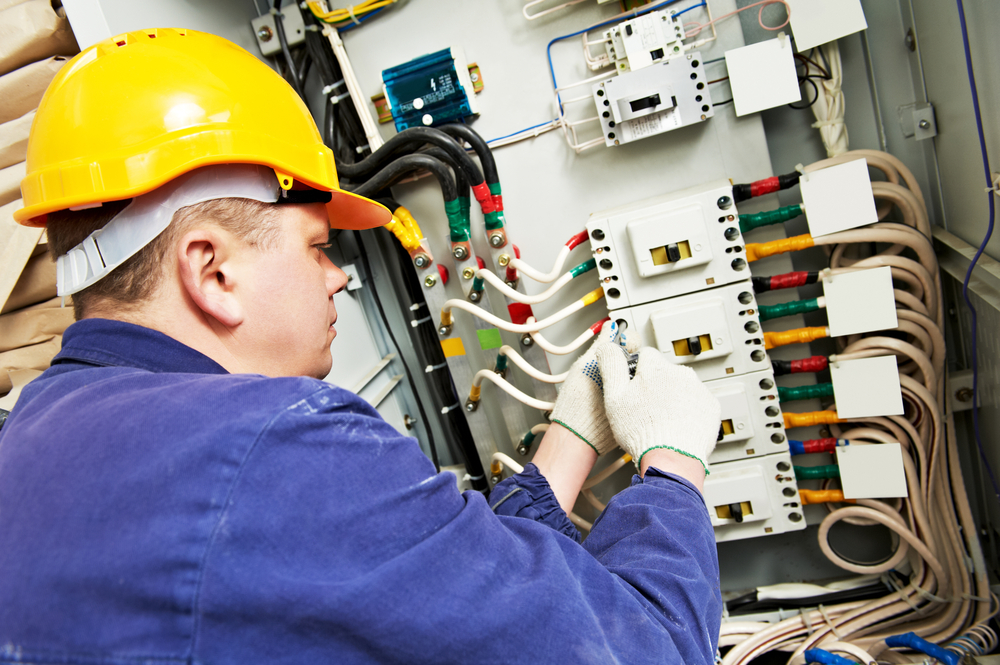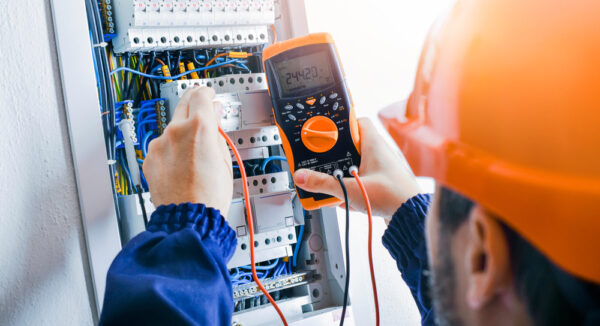Regenerative Drive Failures: How to Fix DC Bus Overvoltage

Regenerative drives are built to handle excess energy, but when voltage levels spike beyond safe limits, your drive trips to protect itself. Maybe it only happens during high deceleration? Or maybe it’s completely random? Either way, production stops, and downtime starts adding up fast. It’s DC bus overvoltage… again.
Your regenerative drive should be handling excess energy, not shutting down because of it. The real question is: Where’s all that extra voltage coming from, and how do you stop it?
First, check what’s feeding the overvoltage
A regenerative drive doesn’t generate excess voltage on its own. Something in the system is pushing too much energy back onto the DC bus. To prevent your drive from slamming into faults every time it gets going, you’ll need to get to the bottom of the overvoltage. Start with these common issues:
- Deceleration settings are too aggressive: If the drive is braking too fast, the motor dumps a surge of energy back into the drive, overloading the DC bus.
- The power supply has voltage instability: If incoming line voltage fluctuates or spikes, it can push the DC bus beyond its design limits.
- There’s a mismatch in load inertia: A high-inertia load that keeps spinning after the drive commands a stop will regenerate more power than the system can handle.
Adjust drive settings to control regenerative energy
Once you’ve identified where the excess voltage is coming from, you can dial into fixing it. The solution could be as simple as reconfiguring your drive parameters. Before trying a more complex hardware fix, check whether your settings are working against you:
- Increase deceleration time: If the drive slows the motor too quickly, it forces excess energy into the DC bus. Extending deceleration time helps dissipate that energy more gradually.
- Enable dynamic braking or regenerative braking: A braking resistor or active regen unit absorbs excess energy, preventing voltage spikes.
- Check ramp-down profiles: A linear deceleration curve isn’t always the best option. Some applications benefit from an S-curve profile that eases the transition to a stop.
Get expert calibration assistance
Not sure if your regenerative drive is properly calibrated? GES can help! Now through the end of April, we’re offering 10% OFF single repairs or 15% OFF 3+ repairs on ABB products, including regen drives.

Make sure the braking hardware is doing its job
If your parameters are in good order, expand your inspection to the drive’s braking hardware. Regenerative drives rely on braking resistors or active regen units to keep voltage in check. If those components fail, overvoltage is inevitable. Rule out hardware issues by:
- Testing the braking resistor: Measure resistance to confirm it’s within spec. A damaged resistor won’t dissipate excess energy effectively.
- Inspecting the braking transistor: This component switches the resistor on and off. If it’s failing, energy stays trapped on the DC bus.
- Checking connections and wiring: Loose or corroded terminals can prevent the braking system from activating when needed.
Persistent drive faults? Precision repair is the smart move.
It can be a head-scratcher if your drive’s parameters are configured correctly and the hardware is in good condition. If adjusting settings and checking hardware doesn’t stop the faults, the problem may be deeper — like a failing capacitor, a damaged IGBT module, or an internal power circuit fault.
Instead of replacing the entire drive, leave it to the team at GES. We’re Manufacturing’s #1 Source for Repair, Sales & Service of All Industrial Electronics, Servo Motors, AC & DC Motors, Hydraulics & Pneumatics. When DC bus overvoltage issues threaten your critical drives, we’ll be here to put them right.
